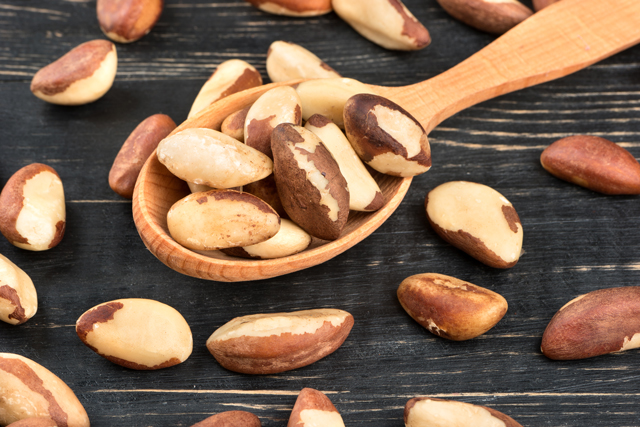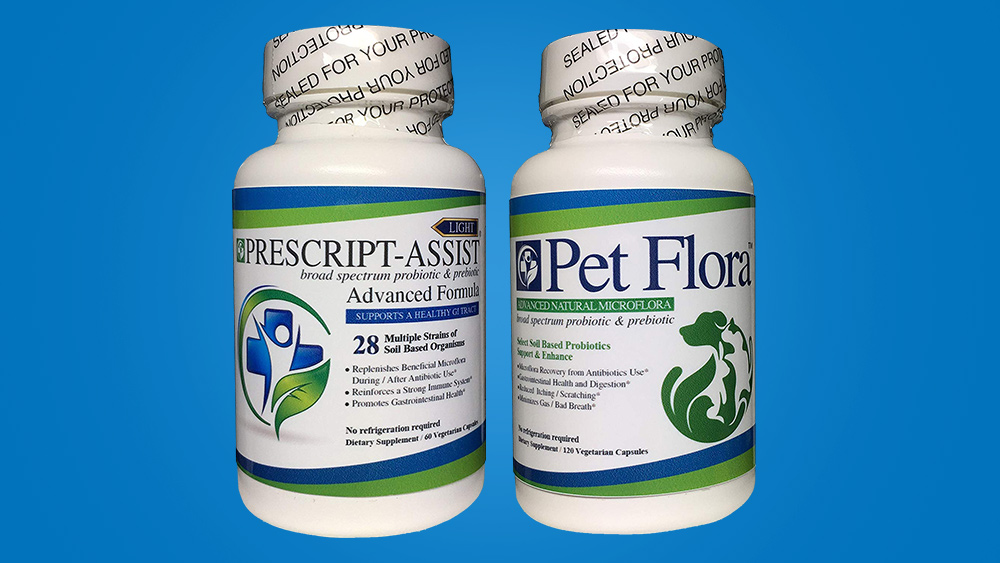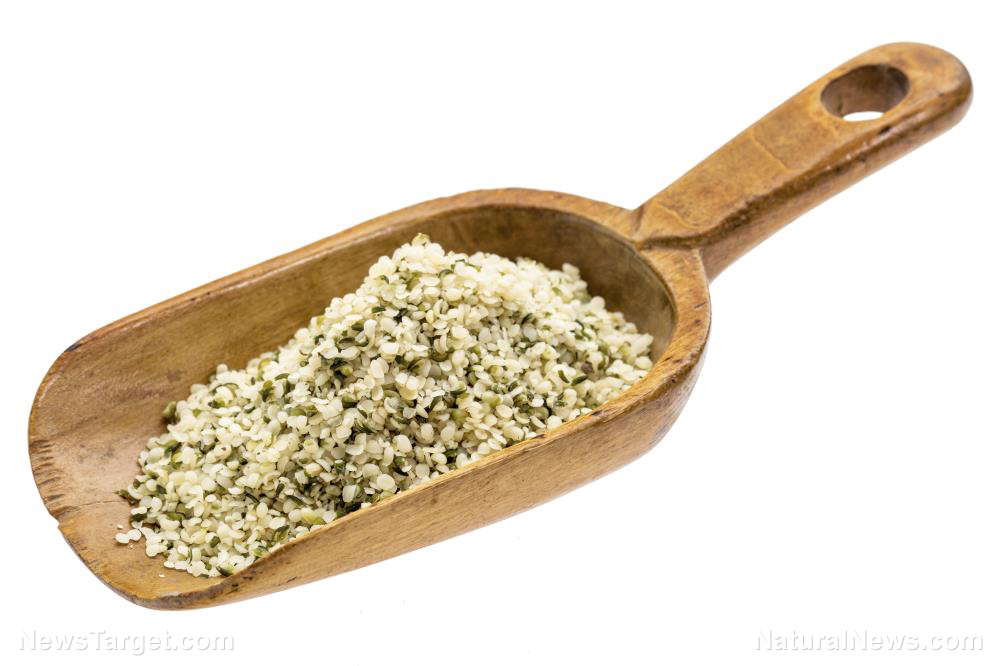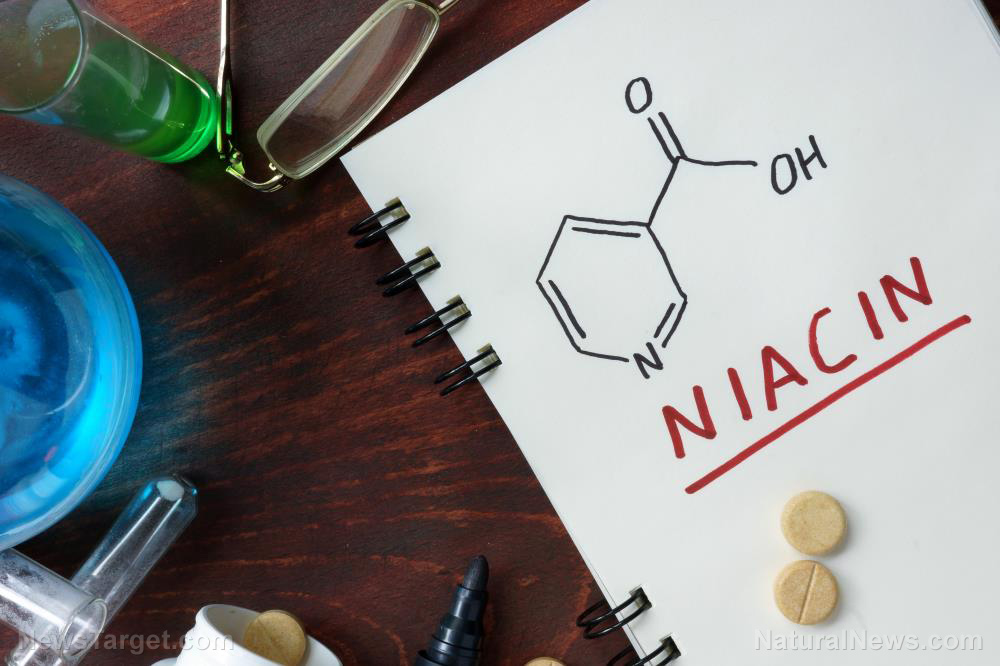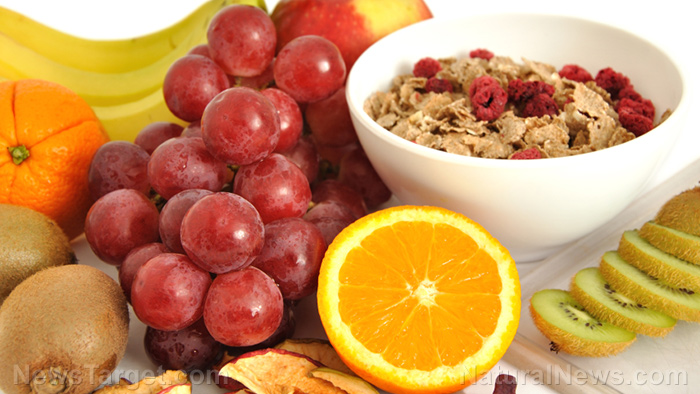Get the complete set: B-complex vitamins pack a punch when it comes to health benefits
08/20/2019 / By Rex Carter
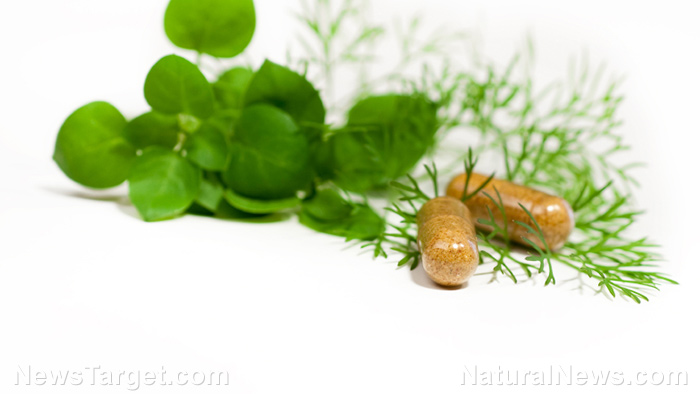
Most people get all the vitamins they need from a balanced diet. Some, including pregnant and menopausal women or those with certain conditions, may need help in the form of supplements, such as a vitamin B-complex supplement.
All-in-one
Vitamin B-complex pills pack eight essential B vitamins into one supplement. These vitamins maintain bodily processes, including metabolism, healthy brain and nerve function, hormone production, and for pregnant women, healthy pregnancies. Some even contain up to 100 percent of the recommended daily allowance of each vitamin.
Typically, vitamin B-complex supplements contain the following:
Vitamin B1 (thiamine)
Thiamine is required for the normal operation of muscles, nerves, and the heart. The University of Maryland Medical Center also calls thiamine the “anti-stress” vitamin, as it can strengthen the immune system and fortify the body against the harmful effects of stress. Most Americans get half of their vitamin B1 intake from natural sources such as whole grains, yeast, beef, pork, nuts, eggs, and potatoes.
Vitamin B2 (riboflavin)
Riboflavin plays a key role in converting carbohydrates into adenosine triphosphate (ATP), which the body uses as energy. Studies show that vitamin B2 can prevent cataracts, migraine headaches, and heart attacks. Fish, meat, poultry, eggs, dairy products, and cruciferous vegetables are rich sources of vitamin B2.
Vitamin B3 (niacin)
Vitamin B3 supplements come in two forms: nicotinic acid and niacinamide. The former lowers cholesterol (by up to 20 percent) and triglyceride levels (by up to 50 percent) in the blood. The latter, meanwhile, helps treat psoriasis and other skin disorders and even inhibits the development of skin cancer. Niacin is also used for cognitive disorders, as niacin deficiency often has symptoms of confusion, “brain fog,” and other psychiatric issues. Foods that are high in niacin include chicken, tuna, liver, salmon, and anchovies.
Vitamin B5 (pantothenic acid)
Vitamin B5 is important for making red blood cells, which is useful for people with anemia. Vitamin B5 also influences hormone production, such as adrenaline and sex hormones. Pork, chicken, turkey, and beef are excellent sources of vitamin B5.
Vitamin B6 (pyridoxine)
Like vitamin B5, B6 also promotes red blood cell production. It plays a role in improving mood and reducing symptoms of depression. Pyridoxine is involved in the production of neurotransmitters like serotonin and dopamine – which boost mood – while also reducing homocysteine, an amino acid that’s linked to both depression and heart attacks. Turkey, salmon, and bananas are rich in vitamin B6.
Vitamin B7 (biotin)
Biotin is involved in the proper growth of skin, nails, and hair, which is why it’s sometimes called vitamin H (for hair). A study found that people suffering from temporary hair thinning may benefit from biotin supplements. Foods containing vitamin B7 include animal liver, whole grain, eggs, and chicken. (Related: Skincare secrets: Which vitamins actually boost healthy looking skin?)
Vitamin B9 (folate)
Folate (and its synthetic form, folic acid) is vital in the synthesis and repair of DNA and RNA, which is an essential part of all genetic material. It also figures in cell division and growth. The importance of folate in pregnancy is also well-known, as folate deficiency may lead to congenital deformities of the fetus. Dark green vegetables are excellent sources of folate.
Vitamin B12 (cobalamin)
Vitamin B12 is one of the most well-known B vitamins. It helps prevent anemia, memory loss or forgetfulness, and supports heart health. People with vitamin B12 deficiency often feel weakness and fatigue. Vitamin B12 is exclusively found in animal products, which may put vegan diets at a disadvantage.
Supplements – especially B-complex vitamin supplements – are great additions to round out a diet that lacks their sources. That said, be careful you don’t overdo it. The key to preventing vitamin deficiency, and by extension, diseases due to inadequate nutrition, is putting careful thought to your next grocery list.
Sources include:
Tagged Under: anti-diabetes, B-complex vitamins, beatdepression, brain health, cardiovascular health, children's health, clean food, cognitive function, cognitive health, diet, disease treatments, food cures, food is medicine, functional food, heart health, immune system, improve cognitive functions, longevity, metabolism, mind body science, natural cures, natural medicine, prevention, stress relief, supplements, vitamin b1, vitamin B12, vitamin B2, vitamin B3, vitamin b5, vitamin B6, Vitamin B7, vitamin B9, vitamins, women's health
RECENT NEWS & ARTICLES
COPYRIGHT © 2017 SUPPLEMENTS REPORT



